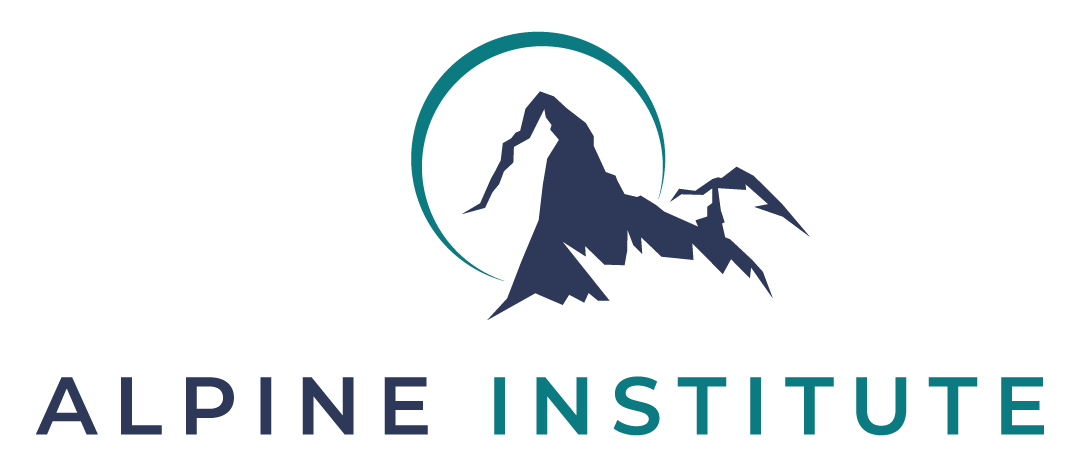Decisions can be hard. Sometimes really hard. Usually, these difficult decisions evolve around life choices: “Should I quit my job and follow my passion?”, “Should I leave my partner?”, “Should I live in the country or in the city?”, “Do I want to have kids, when is a good time for a family?”
We can get hung up on these decisions and procrastinate taking them over weeks, months, or even years.
I know because I have been there. Over years, I was debating whether I was happy in my relationship with my partner at the time. There were really good moments, there were bad moments. But something just did not feel right. So I did not take a final decision for a long long time.
What was the result? I was neither in nor out and the relationship suffered. It’s like pushing the gas and stepping on the brakes at the same time. That way you can spin a car, but that is no way to lead a healthy relationship. When I finally took the decision, it was too late for an amicable close.
I learned one very hard lesson: not taking a decision can actually be the worst decision.
How not to take difficult decisions
When faced with these difficult decisions, many of us start making a list of pro’s and con’s or write down “what keeps me here” and “what pulls me there” as an exercise. What do we get? A long list of items that are both good and bad and we have not come closer to any decision. This is because of the nature of hard choices.
In easy choices, one option is clearly better than the other. In hard choices, one option is better in some ways, while the other is better in some other ways. But neither choice is better than the other. Read that again: neither choice is better than the other overall. Isn’t that liberating? That means you can choose who you want to be every time you are faced with a hard decision.
What to do instead
Now, the outcome of different options may be very different and matter very much to us. So, I have come up with a few guiding principles that help me make difficult decisions:
- Listen to your gut: in paragliding you are fully responsible for your decisions as a pilot. Taking off in adverse conditions can be very dangerous and in the worst case lethal. Once, I was the first responder for a paraglider that had crashed into the mountain side. I helped to comfort him until the helicopter came to take him to the hospital. I will not forget how the pilot lamented that he knew all along he should not fly at this spot but did it anyway. In accident reports, this is a recurring theme as well and has, therefore, become a common mantra in the scene.
In difficult decisions, the intellectual brain is not capable of processing and weighing all information, therefore a “gut feeling” or “follow your heart” just works better every time. - What’s the worst thing that could happen? Is a great question. Why? Because it helps us to discern what are imaginary concerns from real consequences. Ask yourself this question and you will see that often, the consequences of a decision are not as bad as you imagine. You will also see that one option is not worse than the other. It’s just different (for a deeper explanation, watch Ruth Chang’s Ted Talk that is in the link below).
- It doesn’t have to be either-or, it can be an ‘and’: sounds confusing? Let me give you an example. If faced with the decision to quit your job to pursue something new, it doesn’t have to be either or. You can take baby steps on the side and see if you really like it. Pick up studies in the evening or start creating your business in the mornings before work. Maybe you can even reduce your working hours to 80%? This way you do not sacrifice the safety of your corporate job when you start venturing out.
- We regret the things we don’t do more than the things we do. I simply love this quote by Mark Twain. It is simple and true. If you’re faced with a tough decision whether to do something but you have concerns about the consequences, often the right choice is “just do it”. If you don’t take the opportunity, you will probably regret it later.
- Embrace uncertainty We all want certainty, safety and security. It’s simply wired into us. A steady income, health insurance or having a long term partner. I am not saying to throw all certainty overboard. So, when taking hard decisions, we by default revert to the safest option. However, uncertainty is the key ingredient for any adventure. If you’d like to climb the peak of your dreams, the ascent will include difficult passages, surprises and unforeseeable outcomes. So, if you have certainty in sufficient aspects of your life, why not embrace uncertainty in others and go for an adventure? If you know where you want to go, you don’t need to see every step of the journey. It is like driving through the fog: you only see the next 50 or 100m in your headlights but eventually you will get there.
If you want to know more about the topic, I recommend Ruth Chang’s Ted Talk on How to Make Hard Choices.
I hope this training was helpful for you. What resonated with you? Where do you disagree? What was especially helpful?
Send me a short message, it would be great to hear your insights!

